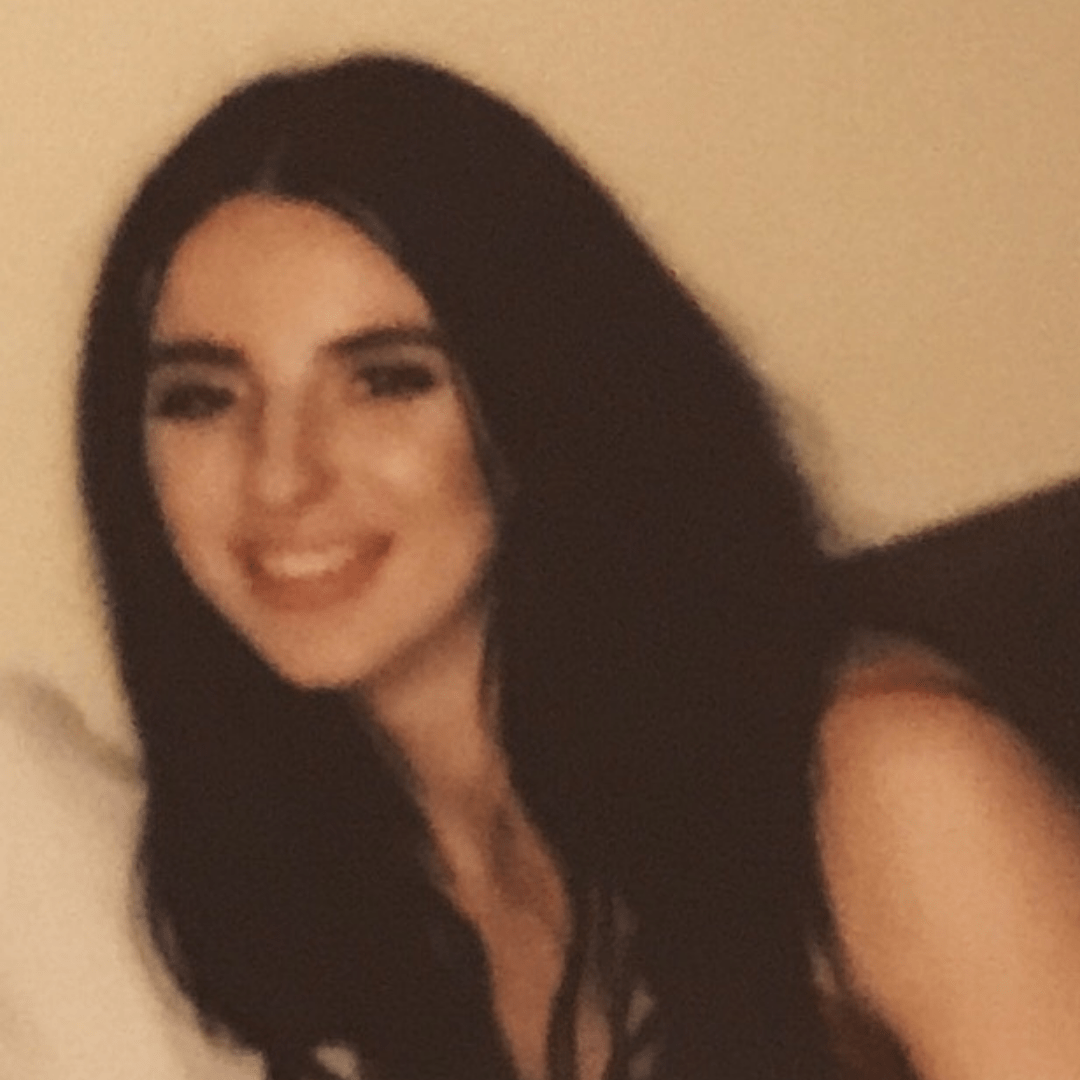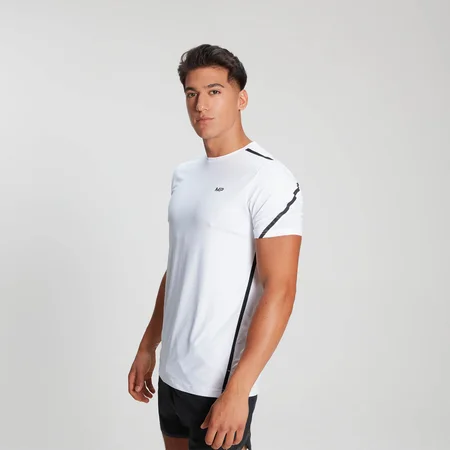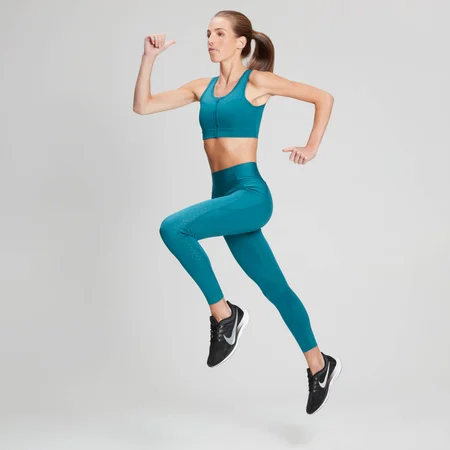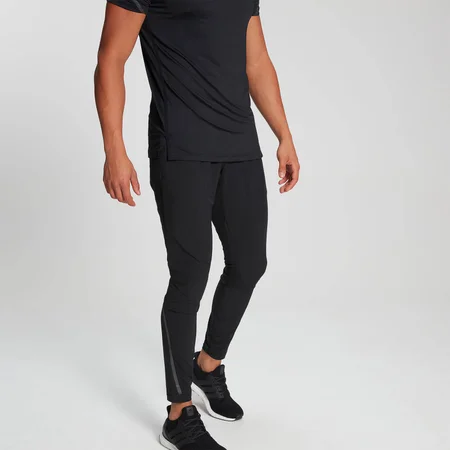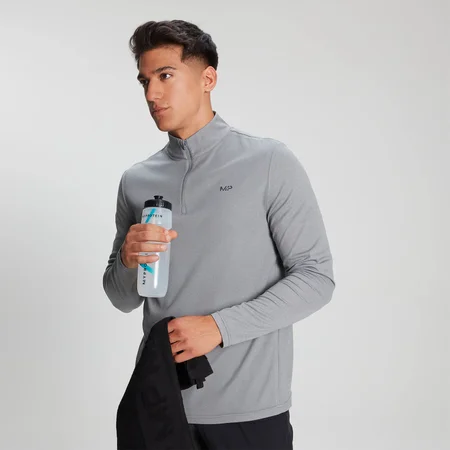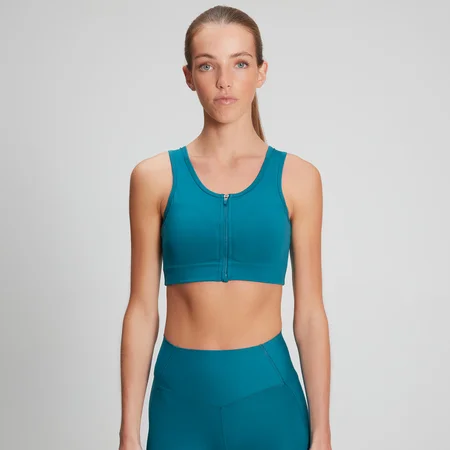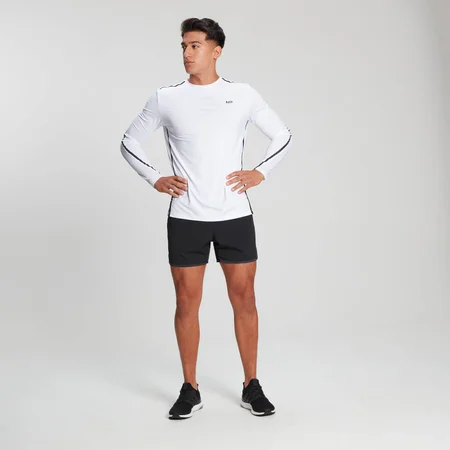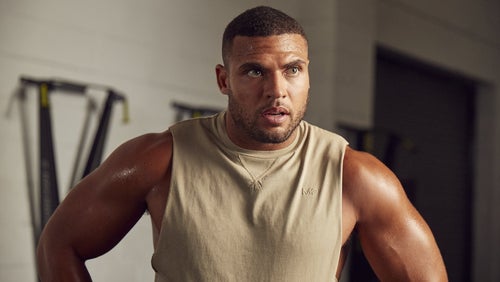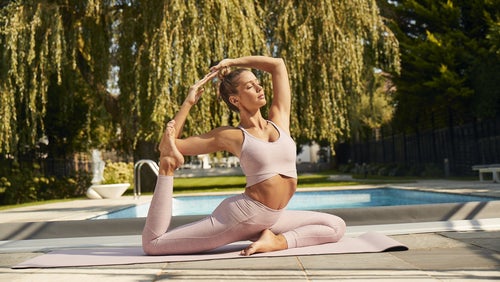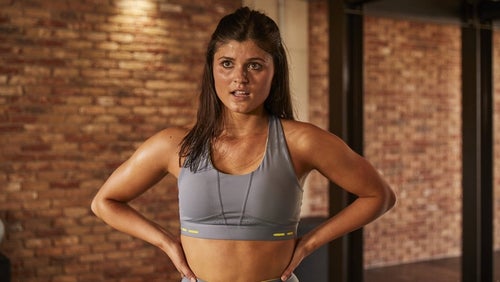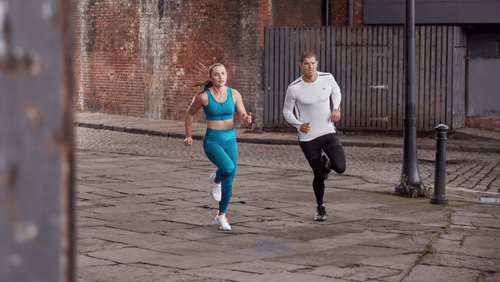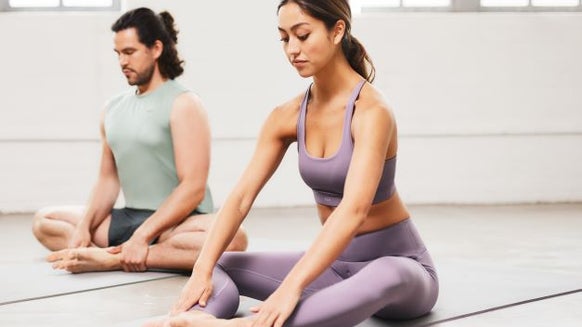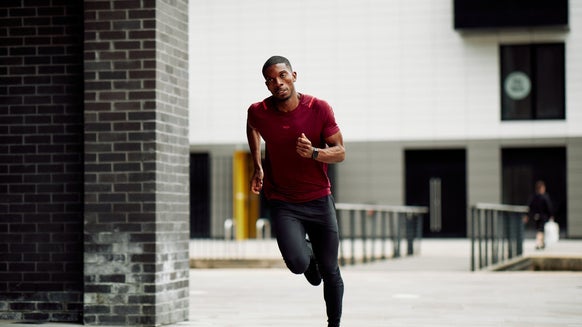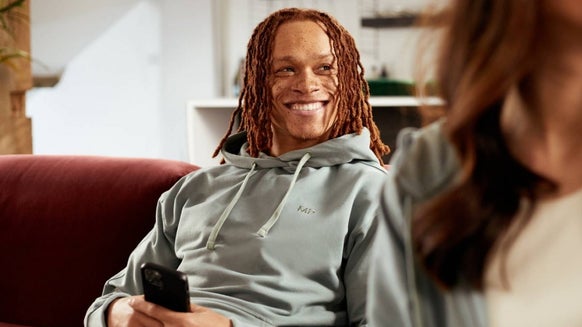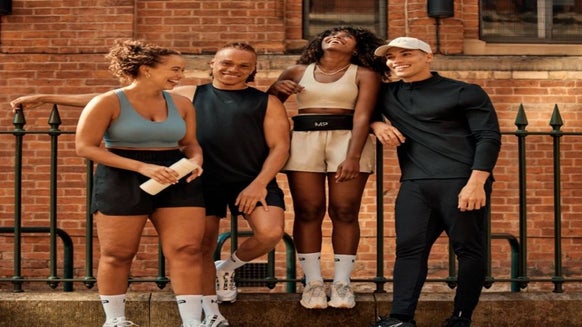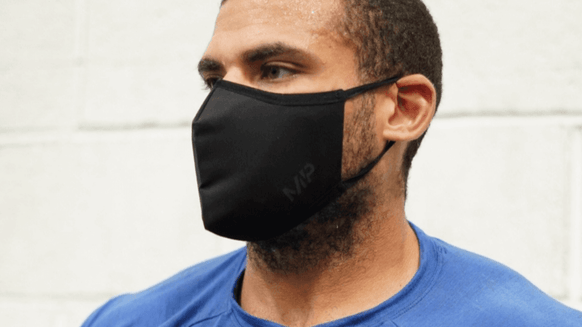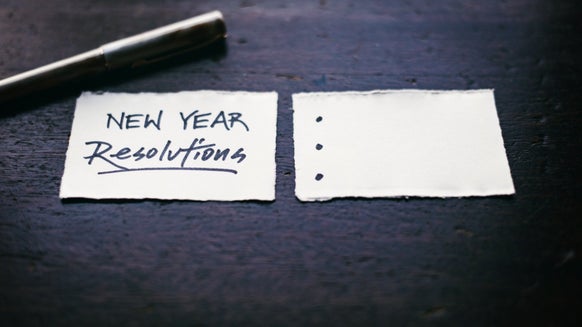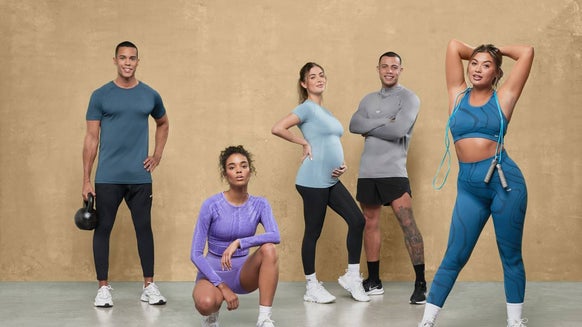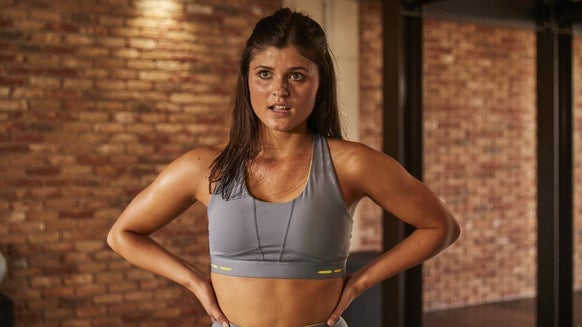Progress Never Stops: Will Goodge
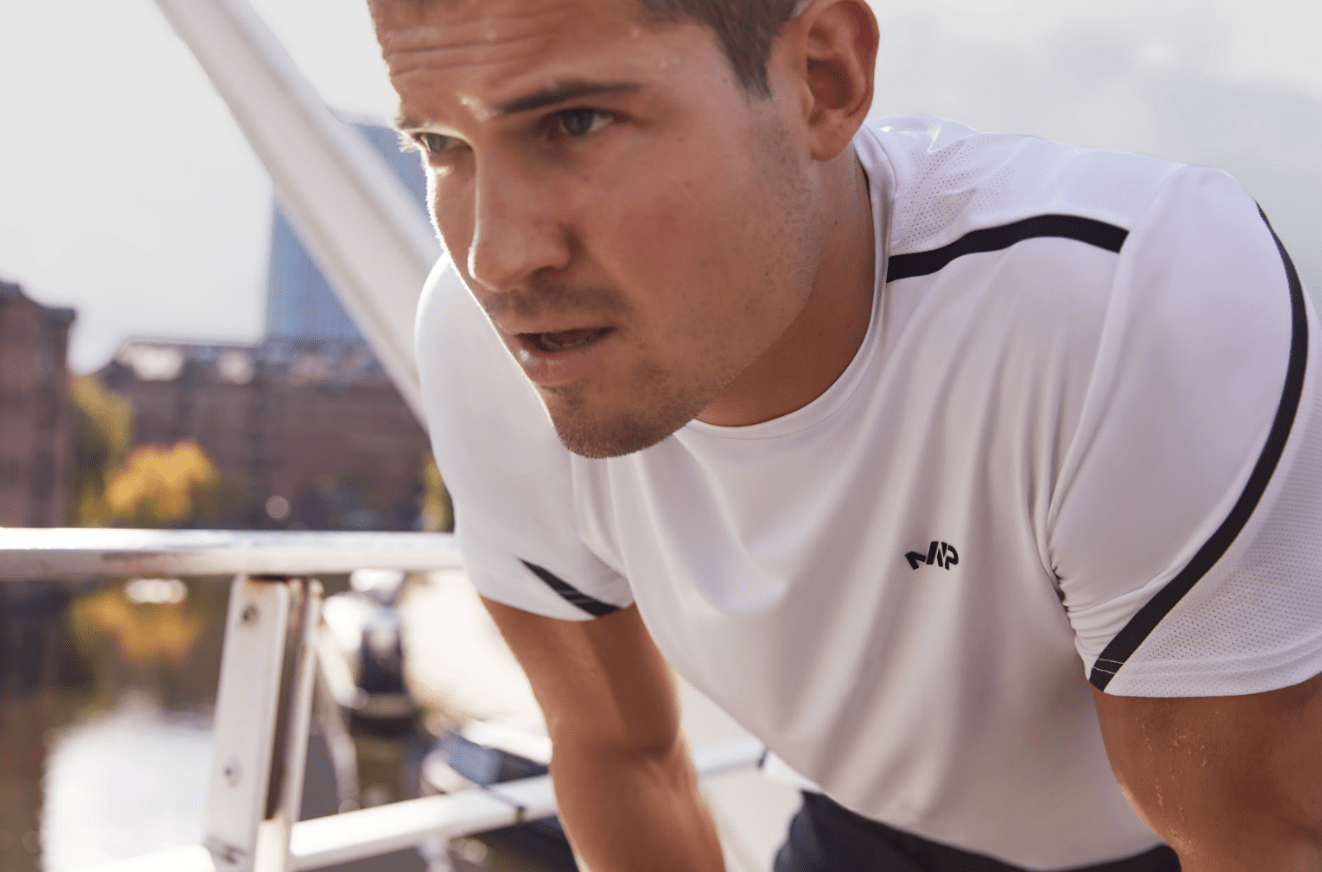
Sometimes our lives are affected by things we can’t control. Periods of anxiety or depression . The loss of a loved one. A worldwide pandemic. When things start to go awry, it can be hard to stay on track, but the mark of an athlete is to stay strong in the face of adversity.
Will took up ultra-marathon running to help cope with the death of his mother who sadly died from Cancer back in 2018. He then decided to challenge his negative energy of anxiety and depression transferring it into what he described as self-harm through the pain of doing a physical challenge, proving that whatever life throws at you, progress never stops.
Will, you’ve been a semi-pro rugby player, and model, and an ultra-runner, but what is your earliest memory of fitness or sport?
I played rugby growing up, playing since I was about five years old. I spent weekends going down to the local school playing field and playing tag rugby, running round like a lunatic.
What was the key factor for you turning to running?
The key factor that turned me to running was, unfortunately, the untimely death of my mother. When I was playing rugby semi-professionally, the idea of going for a run to me seemed like such a stupid and pointless task because there was no way of winning. I wasn’t going to score. I didn’t have teammates around me. Running looked like such a lonely thing.
When my mum passed away, I found it was my therapy or my escape. It was how I dealt with things. Once I started doing it and noticed it had started to make me feel better and more able to deal with the problems, I decided to take it to more of an extreme. What I really loved was doing things that were out of the ordinary and raising money for charity. That was something that pushed me to want to do more and attempt longer distances over longer times. It was a natural progression to find ultra.
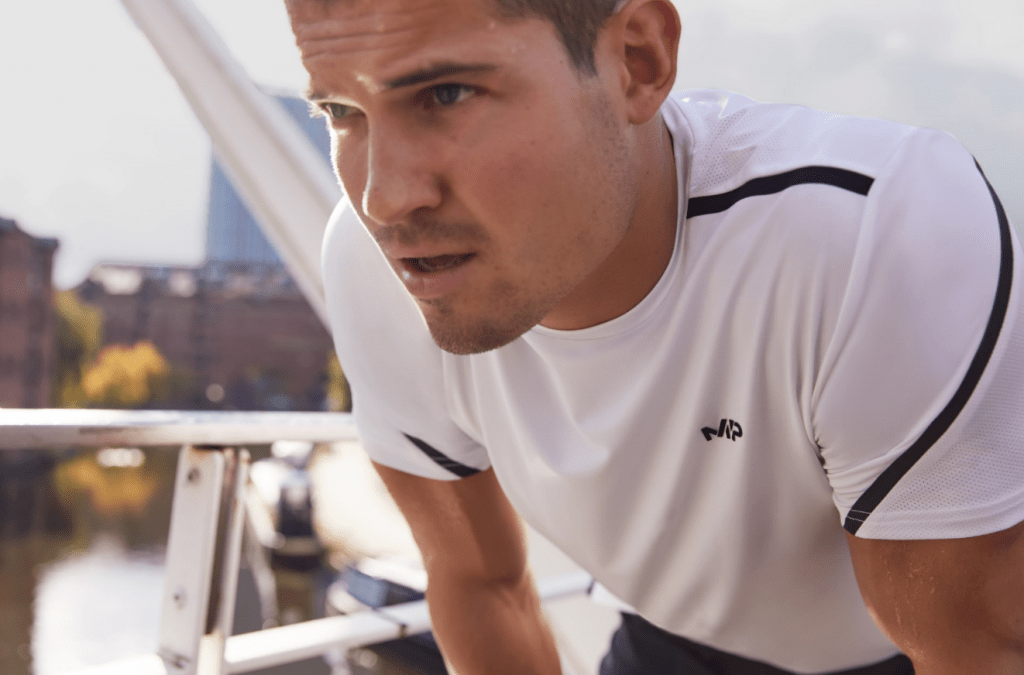
How did your loss impact your life and mindset?
Loss, for me, was a real turning point. I looked at it as if I had two choices- I could do something positive with it and carry on in my mum’s name, showing her strength through myself, or I could have thrown it all away and make it mean nothing. The easy choice would be to try and numb the pain I was feeling with alcohol or drugs or whatever, but I knew that I felt so proud [of her], watching her fight through cancer. I could take the strength that I saw in her and use it as a physical output for me.
I looked at it as if I had two choices- I could do something positive with it and carry on in my mum’s name, showing her strength through myself, or I could have thrown it all away and make it mean nothing.
How did you feel at this time?
I just felt lost, and very angry. When I first started running, I’d go out late at night- at nine or ten in the evening because that’s when the world is quiet, and when my mind was quiet. I decided to fill that space with something physical. I wasn’t running away from the problems I was feeling, but the act of running and being completely in my own head, thinking about things or even not thinking about things really helped me. I’d get a massive flow of endorphins so I’d feel better when I got back, like I’d used some negative energy and turned it into something positive.
Did you speak to anyone about how you were feeling at the time?
I spoke to people but I never gave them the whole wrap of how I was feeling. At the start, people thought I was doing well. I gave a speech at my mum’s funeral but didn’t cry until the night before when I was trying to practice it. The thing with me and loss in that sense is that I feel my strongest when I should probably be at my weakest, so when I ran the length of the country, I remember thinking about finishing and I’d get emotional, but when it came to the finish it was more like a celebration. Everyone around me was crying because they’d seen what I’d put my body through, but it was all grace to my mum. That's when I feel the strongest- when I feel a sense of pride and strength in showing off who she was.
What made you think of starting to run?
There was a time whilst my mum was still alive, and I was away staying at a hotel on the beach in Santa Monica. I never went for runs, ever, and one morning I woke up at five am and I went out for a run along the beach boardwalk. I ran until the sun came up, and then I had to run back. I worked it out to be about 13km. I don’t know why I did it. When I got back, I obviously felt good from doing my first long run, and it was at that point when my mum called me with news from her doctor saying she was in remission. I had a combined feeling of long-run energy and getting the best news I’d ever had. After that, I manifested that whenever I went for a run I could still tap into little bits of that happiness, even though I wouldn’t ever get that moment back.
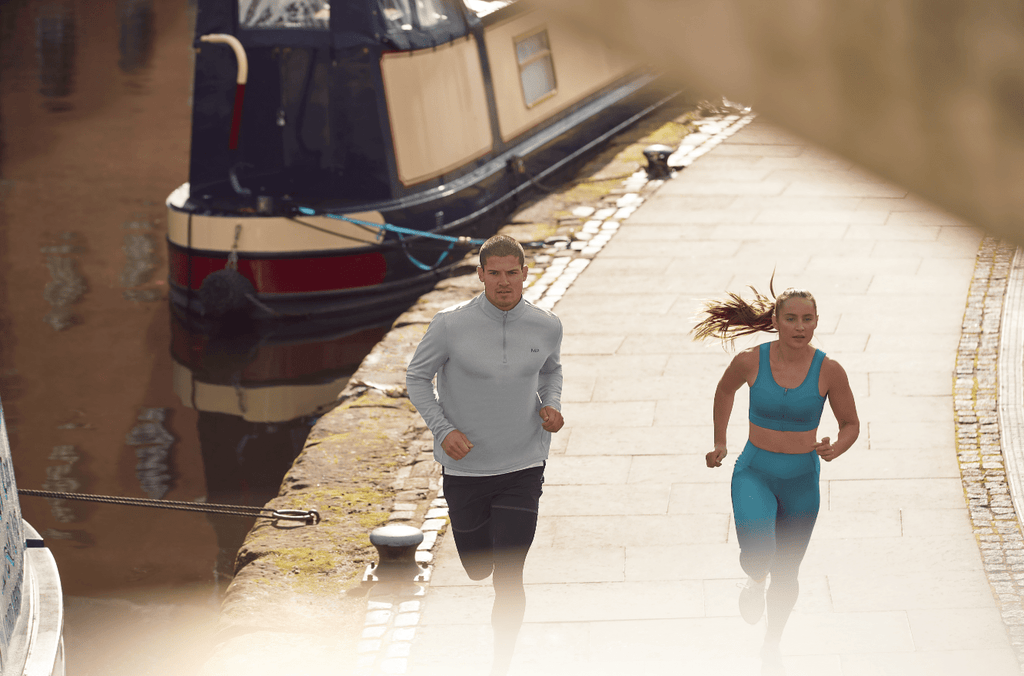
How did you progress from running to ultra-running?
It was a natural progression. I wasn’t trying to achieve any specific distances at the start. I’d do a 3km, a 5km, maybe 10km, and just run on feeling. When it came up to my first Christmas without my mum being around (Christmas is basically run by mums- they cook the food, wrap the presents), I wasn’t looking forward to it. At the start of December, I tried to think of what I could do to change my mindset about it. I looked for something that could take up a lot of my mental energy that day, and I thought “well I've never run a marathon so why don’t I run a marathon on Christmas Day?” It wasn’t something I’d heard of people doing before. I started telling people I was going to do it and set up a Just-Giving page, and ran that first marathon on Christmas Day. When I got back, I felt a huge sense of achievement, and I raised about £12,000 to split between MacMillan Cancer Support and The Primrose Unit a Bedford Hospital, that did most of my mum’s care.
The route we chose was significant because we ran to the hospital she was born at and later worked at, the house she first lived in as a kid and around the houses, we grew up in. It worked out as a marathon which is strange enough in its own right.
After finishing I immediately thought “what can I do next that’s bigger?” When you’ve done a marathon the only thing that comes next is an ultra-marathon. I really enjoy that space and taking every step. John O’Groats to Lands' End was 875 miles of fun.
What thoughts go through your head when you’re running?
I don’t think I’m running from my problems. It’s a focus, a meditative state. I always said at the start that running was my therapy. Whilst I might not have been 100% honest with people around me, it allowed me to get in my own head and figure things out. At different times I feel different. I’m not sad all the time now, which is a good thing. Now I can run because I’m happy. I can run because I’m sad or angry. It’s just part of who I am now.
I’m not sad all the time now, which is a good thing. Now I can run because I’m happy. I can run because I’m sad or angry. It’s just part of who I am now.
What were your immediate thoughts and feelings when you finished your Lands' End to John O Groats run?
When I finished, I was just glad it was over. I’d put so much physical and mental energy into it. It was the biggest thing I’d ever set out on. I was immensely proud. There are not that many things in my life I can point to and say I’m proud of that. That’s something that I maybe shouldn’t have been able to do, but did it, and did it well.
You’ve described ultra-running as a form of self-harm. Do you still see it in this light?
I don’t see it as self-harm anymore. Now I do it so often and I’ve got better at it, it's now more to do with competition or wanting to achieve things. Before, it was my therapy and it helped me battle some of my demons, but now I can do it because I enjoy it. When I enter competitions, I’m not just there to finish now. I’m actually looking at placing and getting high up the list of finishers. Even though I’m still not in the exact shape you’d think an ultra-runner should be in, I’ve had the experience of doing something way worse. Whenever I think I’m tired or hurt I just think “no you’re not,” and carry on and push harder.
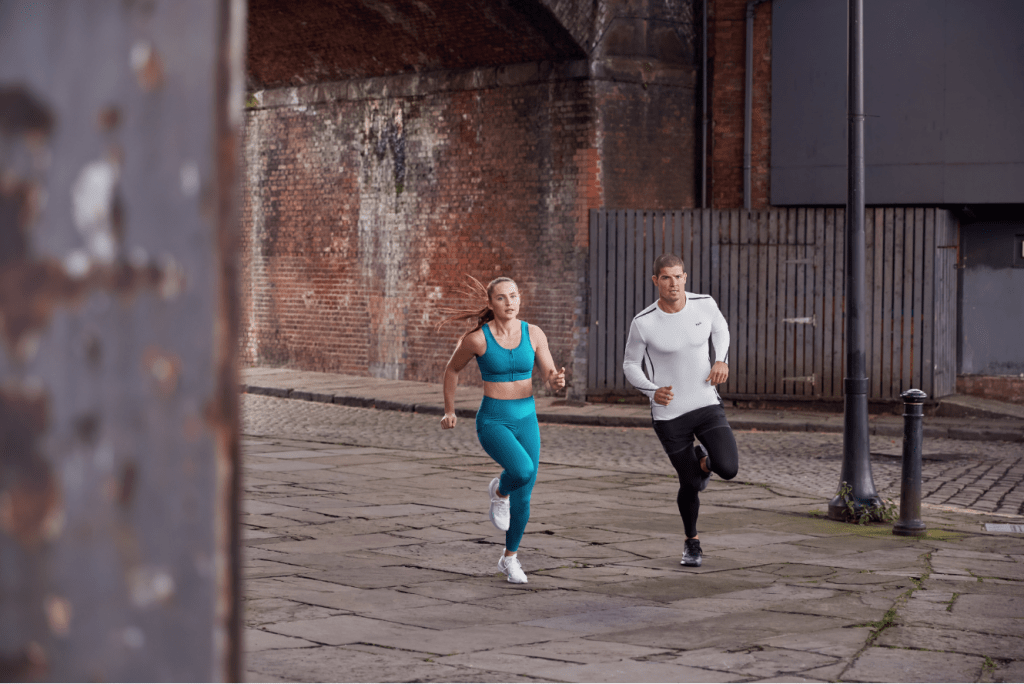
Ultra-running must take a huge toll, physically and mentally. How do you manage to stay motivated?
I keep motivated because I think of other challenges I want to do. There are a few that I’ve thought of that I want to attempt, there are other countries I’d like to run across. There’s always a new challenge. There’s always someone doing another challenge that I’m inspired by, and it’s something I weirdly enjoy.
What does progress mean to you?
Progress means building a life resume. It’s something I’ve thought about a lot. Before I see my maker or whatever the end is, I’d like to have a list of things I’ve done that are maybe out of the ordinary, or where I’ve been able to push myself or find out about myself. Progress is never stopping, and always trying to think of something else to do.
Progress is never stopping, and always trying to think of something else to do.
What are your tips for dealing with times of uncertainty or the unknown?
It doesn’t have to be physical, but try and find something you’re interested in that has a positive outcome. It’s very easy to get lost or try and numb the pain or pass the time not doing anything. At the start of the lockdown, someone said something very smart to me. They said; “You’ll never have this much free time ever again in your life, so what are you going to do with it?” Sure, you could sit down and watch Netflix all day, but you’ll never get this time back.
How important do you feel fitness is for people’s mental health?
Fitness is massively important for people’s mental health, year-round. There’s a science behind it. Those good endorphins will flow when you go out and do something physical, but there’s also a kind of comradery. You can lean on other athletes. If you run and you meet someone new and they’re a runner you instantly have that connection, but it’s the same across the board with any sport. People are always going to be interested in it, and I can’t think of a single sport or fitness activity that you can look back on and feel that you haven’t got anything positive out of it. You’re getting healthier because you’re working on your fitness, it’s great for your mind. It benefits the mind, body, and soul across the board.
Will Goodge is the face of the Velocity Collection.
Discover more about the faces of our Progress Never Stops campaign below, or find out more about the collection through an interview with the designer.
